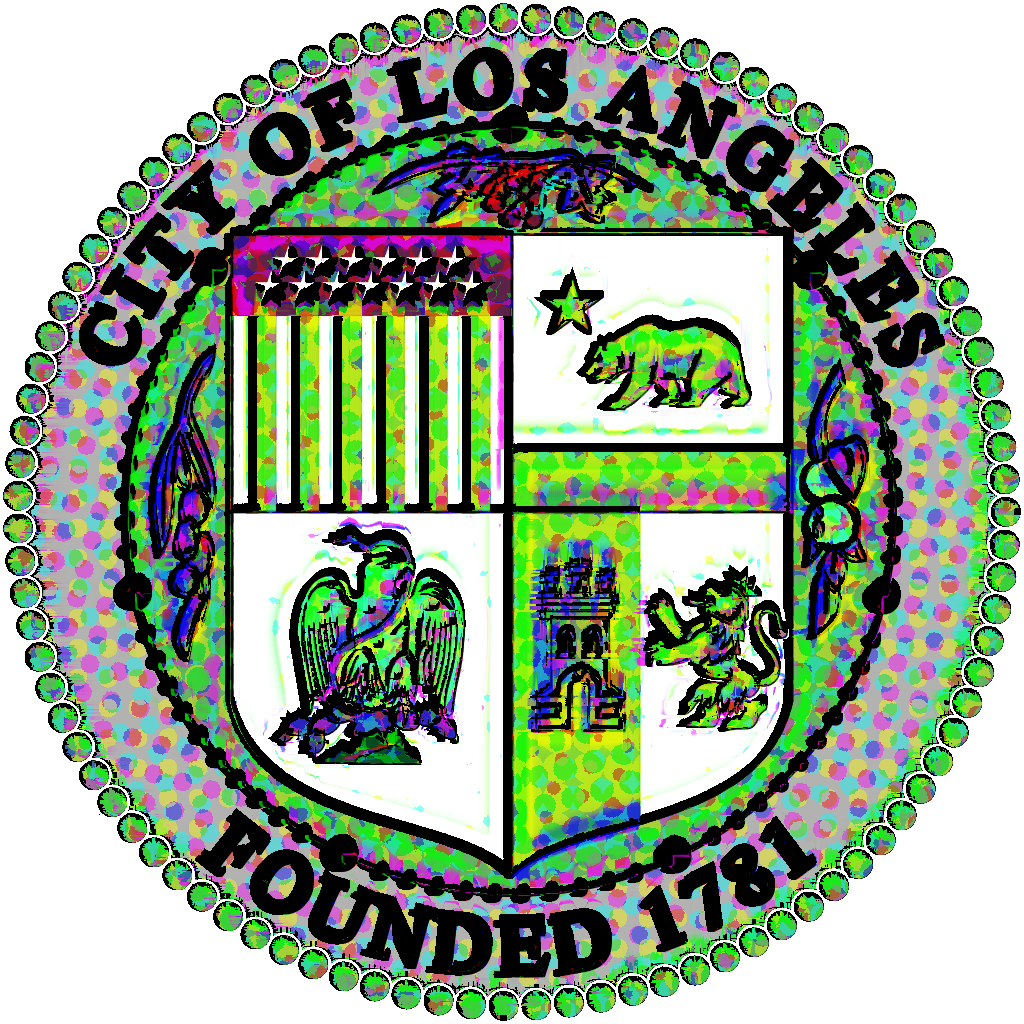 I just learned of an interesting public records suit filed in September 2019 by Venskus & Associates for the La Brea Willoughby Coalition against the City of Los Angeles. They’re fighting upzoning around the Purple Line extension, which I don’t understand enough to comment on. But irrespective of the merits1 of their cause the City of Los Angeles has repeatedly violated their right to due process in appeals and pretty much, as the City will do, every possible other arena.
I just learned of an interesting public records suit filed in September 2019 by Venskus & Associates for the La Brea Willoughby Coalition against the City of Los Angeles. They’re fighting upzoning around the Purple Line extension, which I don’t understand enough to comment on. But irrespective of the merits1 of their cause the City of Los Angeles has repeatedly violated their right to due process in appeals and pretty much, as the City will do, every possible other arena.
And that extends to some requests for records that the Coalition made of the City for materials having to do with the Purple Line Transit Neighborhood Plan. And the City eventually produced more than 2000 pages of the wrong stuff, which is a favorite tactic of theirs. They also didn’t claim any exemptions. After almost a year of debate, during which the City finally did claim that some of the material sought was exempt, the Coalition brought this suit. You can read the petition and the City’s ridiculously inapropos reply on Archive.Org.
According to the petition the City wouldn’t produce some of the requested material because it contained drafts of the City’s upzoning policies. The City claimed, according to the petition, that:
[t]hese drafts represent preliminary ideas and thoughts related to the policy initiative and do not reflect that [sic] final policy direction provided by City management or the City’s decision makers. Producing such documents would create the real risk of the public being misinformed as to the components of the policy initiative. Through the release of various documents and through numerous public workshops, the public has been provided with staff’s initial recommendations related to this policy initiative and an opportunity to provide input on them. This process will continue until such time that staff finalizes its recommendations to the City’s decision makers.
Which is all fine and dandy, even if true, but these kinds of qualitative theories of why an agency might prefer not to release records are not enough under the CPRA to justify not releasing them. The law is very clear2 that an “agency shall justify withholding any record by demonstrating that the record in question is exempt under express provisions of this chapter”.
There’s also a so-called “catch all” exemption, found in the same sentence, that allows agencies to withhold records if “on the facts of the particular case the public interest served by not disclosing the record clearly outweighs the public interest served by disclosure of the record.” Finally, there is an exemption, found at §6254(a), which allows agencies to withhold draft material with the same kind of public interest weighing test required by §6255(a),
It’s not clear to me from the petition exactly which section of the California Public Records Act the City used to justify withholding material. The petition says it’s §6255(a). The language quoted though appears to be tailored more to §6254(a). But whichever it is, the petitioners’ response has to be and is that the public interest in releasing the material is greater than the public interest in not releasing.3
Now, my research has shown that the City of Los Angeles almost always settles its CPRA cases. In my personal experience they often, but not always, do this fairly quickly, often without even filing a response. In this case, though, as I mentioned, they did file a response. Like most such pleadings, this one is substantially uninformative. It’s all like “we admit the first clause of the third sentence in paragraph 17 but as to the rest we categorically deny that it even requires a response but if it did we’d respond that we deny it.”
However, this particular response has something I haven’t seen before, at least not turned up to eleven like here, and that is sixteen separate affirmative defenses. Most of these are incredibly inapropos, like e.g. number 15, stating that the plaintiffs’ complaint is barred by the statute of limitations. There is certainly no statute of limitations on CPRA matters. The others are as weirdly inapplicable.
This makes me think that the deputy city attorney who signed his name to this regurgitated hash didn’t bother to edit out some kind of City template for responding to civil suits. No proof, of course, but that’s sure what it looks like. Anyway, that’s all I have to say about this, other than I am really glad to see people suing the City over CPRA noncompliance. Everybody who’s interested needs to do this as much as possible! I’m guessing the City will settle pretty soon, and I’ll try to keep you up to date.
- About which as I said I know nothing at all.
- At §6255(a).
- Technically the petitioner just has to establish that the public interest in not releasing doesn’t clearly outweigh the public interest in releasing. Like it ought to be OK to prove that even though the interest in nondisclosure might outweigh the interest in release, it doesn’t clearly outweigh it. But that seems like a risky strategy to follow and, as far as I know, petitioners never do this.
